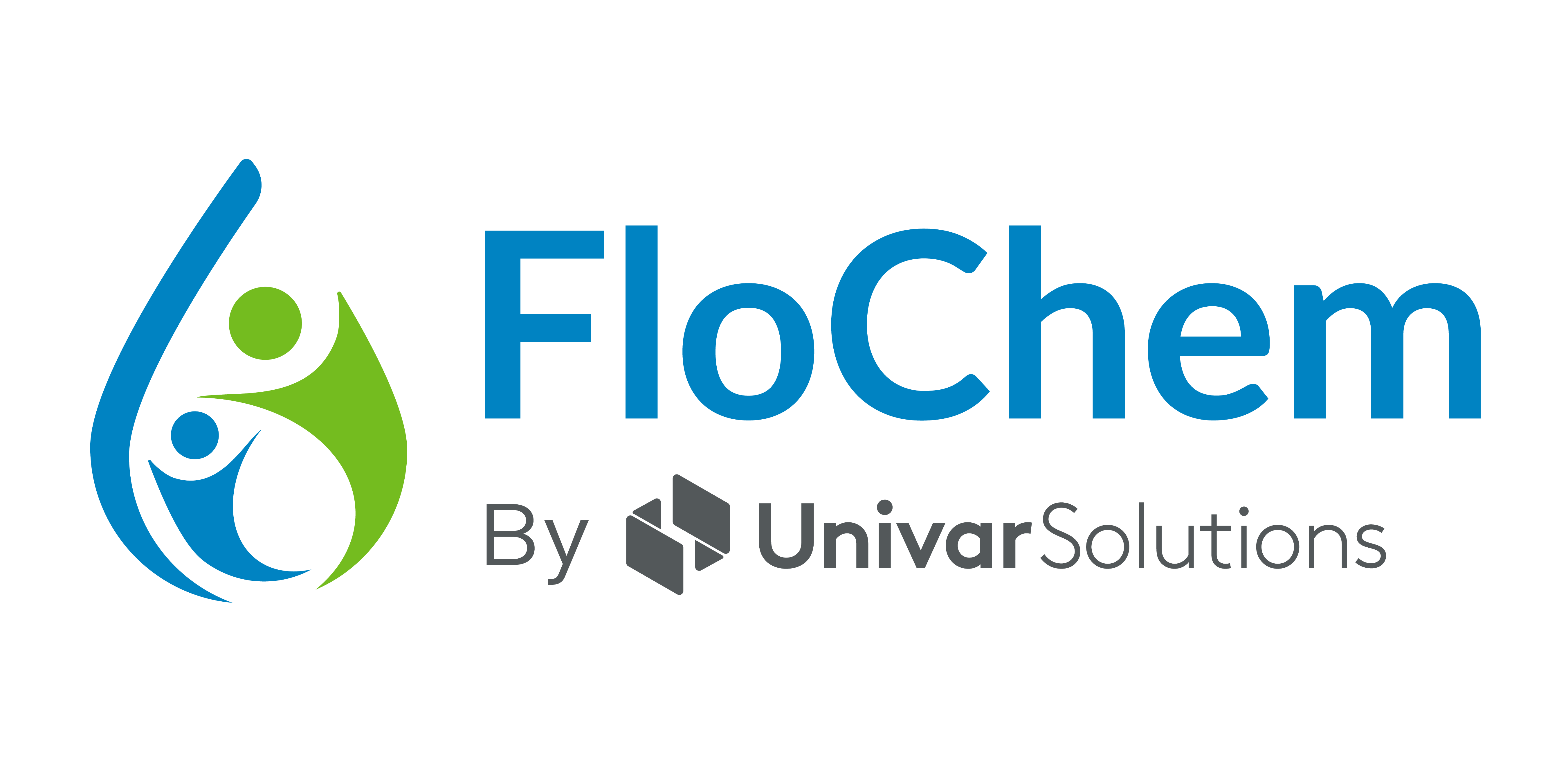As part of FloChem’s commitment to safe and responsible chemical distribution and the best practices of Responsible Care, we take the threat of illegal drug production very seriously.
Drugs such as fentanyl, methamphetamine and cannabis extracts are produced in clandestine laboratories and pose a serious threat to both the public and first responders. To address the problem of chemical diversion, the RCMP instituted the National Chemical Precursor Diversion Program (NCPDP).
The NCPDP is committed to limiting the flow of legitimate chemicals to illegal drug producers and traffickers. Successful detection, investigation and prosecution of illegal drug production often begins with identifying and reporting suspicious transactions. The following is presented as a guide as to which transactions may be suspicious.
Identifying Suspicious Transactions
Customer Behaviour
- Reluctance or failure to provide information (i.e. business stationery, telephone number, physical address, federal or provincial tax numbers).
- Reluctance to supply a written order/complete a contact sheet.
- Orders for unknown companies which cannot be traced.
- Orders for companies that are unable to provide business references.
Payment Irregularities
- Willingness to pay a higher price.
- Suspicious mannerisms, attitude and behavior.
- Cash payment even for larger purchases.
- Freight costs higher than value of the chemical(s) ordered.
Shipping Destination
- Exports to countries where there are no manufacturing requirements for the chemical(s) ordered.
- Orders from abroad where payments are not consistent with transactions from that part of the world.
- Deliveries to countries known for illicit drug production.
- Using a private residence or PO box number as the address from which the order is made or insisting on direct delivery to such address.
- Orders to well-known companies, but where delivery is requested to a specific person and alternate address.
Unusual Business Practices
- Ordering of chemical(s) by persons unlikely to need them.
- Pick up or delivery of chemicals by own transportation or uncommon modes of transportation such as air freight.
- Request small packages even if for industrial use.
- Request for neutral or no labels to be used.
- Indications of intended use not consistent with the chemical(s) ordered.
- Orders more than one essential chemical or in large quantities.
- Orders to several companies to avoid detection.
- Same inquiry for purchase comes through another channel/attempts to purchase through a competitor after being refused.
- Size of order or repetitive orders for an amount of chemicals not consistent with its intended use, or size of the company purchasing the chemicals.
- Customer claims the item being purchased is for making perfumes, fragrances or products containing these elements.
Below is a list of chemicals and equipment commonly found in clandestine labs:
Chemicals
- Acetone
- Anhydrous Ammonia
- Aniline
- Bromine
- Butane
- Colouring Agents/Dyes
- Ephedrine
- Ethanol
- Hydriodic/Sulfuric Acid
- Hydrogen Chloride Gas
- lodine
- Isopropyl Alcohol
- Isosafrol
- Methylamine (gas or solid)
- Methyl Ethyl Keytone
- Magnesium Sterate
- Microcrystalline Cellulose
- 4ANPP
- N-Phenethyl-4-piperidinone
- Phenylacetone or P2P
- Phenyl -2-Propanone or P2P
- Pipernol
- Piperonylacetone or MD P2P
- Propionyl Chloride
- Pseudoephederine
- Red Phosphorous
- Safrole Sassafras Oil
- Sodium
- Sodium Borohydride
- Sodium Cyanoborohydride
Sodium Hydroxide - Toluene
Equipment
- Coffee Filters
- Coffee Grinder
- Distilled Water
- Glassware (ie, large round bottom flasks, baking dishes)
- Glass or Plastic Tubing
- Heating Mantles/Plates
- Large Condensing Columns
- pH Test Strips / pH Meters
- Propane Tanks
- Scales
- Separating Funnel
FloChem remains on guard for any suspicious transactions and inquiries and is prepared to follow the protocols as suggested by the NCPDP.

